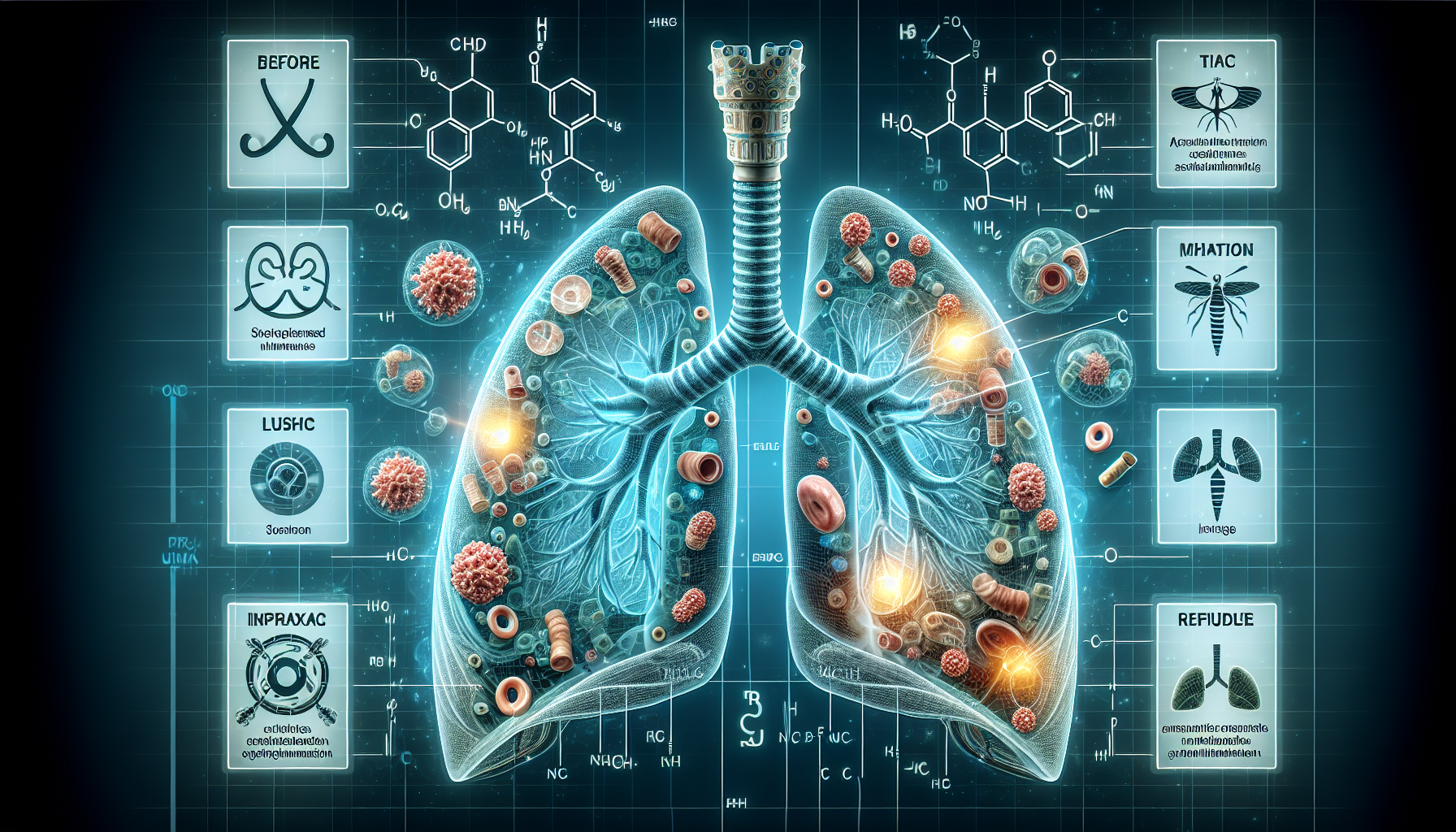Hormones and Heart: How Longer Menstrual Lifetimes and Hormone Therapy Benefit Lung Health
Key Takeaways
- Longer lifetime exposure to natural hormones benefits pulmonary health.
- Hormone replacement therapy improves right heart function in PH.
- Further research is needed for specific types and durations of hormone therapy.
Did You Know?
Introduction to Pulmonary Hypertension
Pulmonary Hypertension (PH) refers to high blood pressure in the arteries of the lungs. It's a serious condition that affects the lungs' blood vessels and the right side of the heart. Understanding the role of hormones in managing this condition is an exciting new area of research.
The Role of Hormones in Pulmonary Health
Recent studies suggest that longer lifetime exposure to natural hormones through menstruation and the use of hormone replacement therapy (HRT) can improve pulmonary vascular health and right ventricular function. This means women might benefit from these hormonal influences in managing PH.
Research Findings on Lifetime Menses and PH
A study involving over 700 women investigated the impact of the length of their menstrual lifetimes (endogenous hormone exposure) on PH. Researchers found that women with more than 50 years of menses had lower mean pulmonary arterial pressure compared to those with fewer years of menses.
This was particularly noticeable in women with Group 1 PH, a subtype where longer hormone exposure correlated with lower pulmonary arterial pressure and better right ventricular function.
Impact of Hormone Replacement Therapy
In addition to natural hormone exposure, the study examined the benefits of HRT in women with PH. The results showed significant improvements in several measures of heart and lung function among users of HRT. This suggests HRT could play a role in better managing PH symptoms.
Measuring Right Ventricular Function and Pulmonary Health
Researchers assessed two key measures of right ventricular function—RV fractional shortening and RV ejection fraction—using echocardiography. They also measured mean pulmonary arterial pressure and pulmonary vascular resistance to evaluate pulmonary vascular disease.
These metrics provide a comprehensive picture of how well the right side of the heart and the pulmonary arteries are functioning.
Key Improvements in Women's Health Indicators
Women with more than 40 years of menses showed better RV fractional shortening compared to those with fewer years. Meanwhile, HRT users exhibited improvements in RV ejection fraction and reductions in mean pulmonary arterial pressure and pulmonary vascular resistance.
Limitations and Further Research
While the findings are promising, it's important to note that no significant differences were observed in PH Groups 2 through 5 or among healthy controls. More research is needed to determine the specific types and duration of hormone therapy that are most beneficial.
The researchers plan to further explore how different kinds of hormone replacement therapy can impact PH and for how long they need to be used to see benefits.
The Protective Role of Hormones
The study supports the hypothesis that hormones may offer protective effects against pulmonary hypertension, especially in women. Understanding these effects better could lead to more effective treatments and management strategies for PH patients.
Conclusion
Overall, the research highlights the significant role of both endogenous and exogenous hormones in improving pulmonary vascular health and right ventricular function among women with PH. Continued exploration in this area holds promise for better treatment approaches to this serious lung condition.






